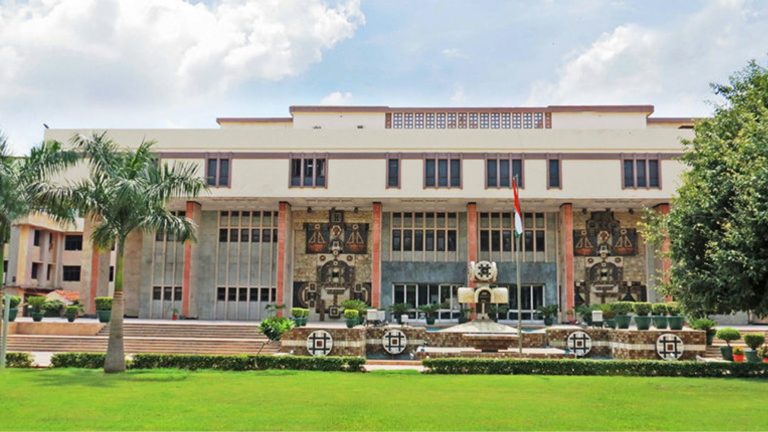New Delhi, Nov 5 2025 – In a significant judgment , the Delhi High Court in the case of Punita Khatter v. Explorers Travel & Tour Pvt. Ltd. ( CRL.M.C. 1637/2017 ) has held that a terminated employee is under a strict obligation to return all company-property the moment such employment ends — and failure to do so may constitute a criminal offence under the Companies Act, 2013.
The litigation involves a former Managing Director of a private company, Punita Khatter, who held 35 % of the company’s shares and was removed from her post on 11 April 2016 following board resolutions citing alleged irregularities. Upon her removal, the company issued an email directing her to return a list of items like office keys, laptops, financial records, passwords, company car, phone, and so on. According to the company’s complaint, she did not return the assets immediately; the assets were only returned after a criminal complaint was filed under Section 452 of the Companies Act. The High Court refused to quash the notice issued under Section 452, finding that a prima facie case existed.
The Court clarified that Section 452 of the Companies Act does not require proof of “entrustment” of the property to the employee/officer. In other words, once possession of company property continues after the employment or office‐holding ceases, wrongful withholding can be established. It emphasised that the liability to return company property arises the moment the employee’s lawful right to possess it ceases. The provision is a strict liability provision in that sense.
Also read – Rajesh Singh Joins Apollo Tyres as Head – HR, Vadodara
Even though the officer may have continued in another capacity as a Director rather than Managing Director, that did not entitle her to retain the assets she held by virtue of the earlier office. The Court held that once the specific office ceased to exist, the retention became unlawful.
This judgment provides a clear legal basis for issuing timely notices to former officers/employees, demanding the return of company assets, and proceeding with criminal proceedings if assets are unduly withheld.
The decision underscores that continuing to retain laptops, phones, records, credentials or other company property after termination or removal may expose one to criminal liability under Section 452. The judgment also serves as a caution that mere return of the property later does not automatically protect a former employee from liability if the assets were wrongfully withheld in the interim.
Section 452 of the Companies Act provides that if an officer/employee of a company wrongfully obtains or withholds any company property (including cash) or knowingly misapplies it, then on complaint the person may be fined (not less than Rs. 1 lakh but may extend to Rs. 5 lakh) and may also be ordered to deliver/refund the property or suffer imprisonment of up to two years.
The judgment clarifies that the time of “cessation” of lawful possession is the crucial point for determining when the obligation to return arises.
The order declines to quash proceedings and affirms that a case for trial exists. The matter will now proceed to trial.










